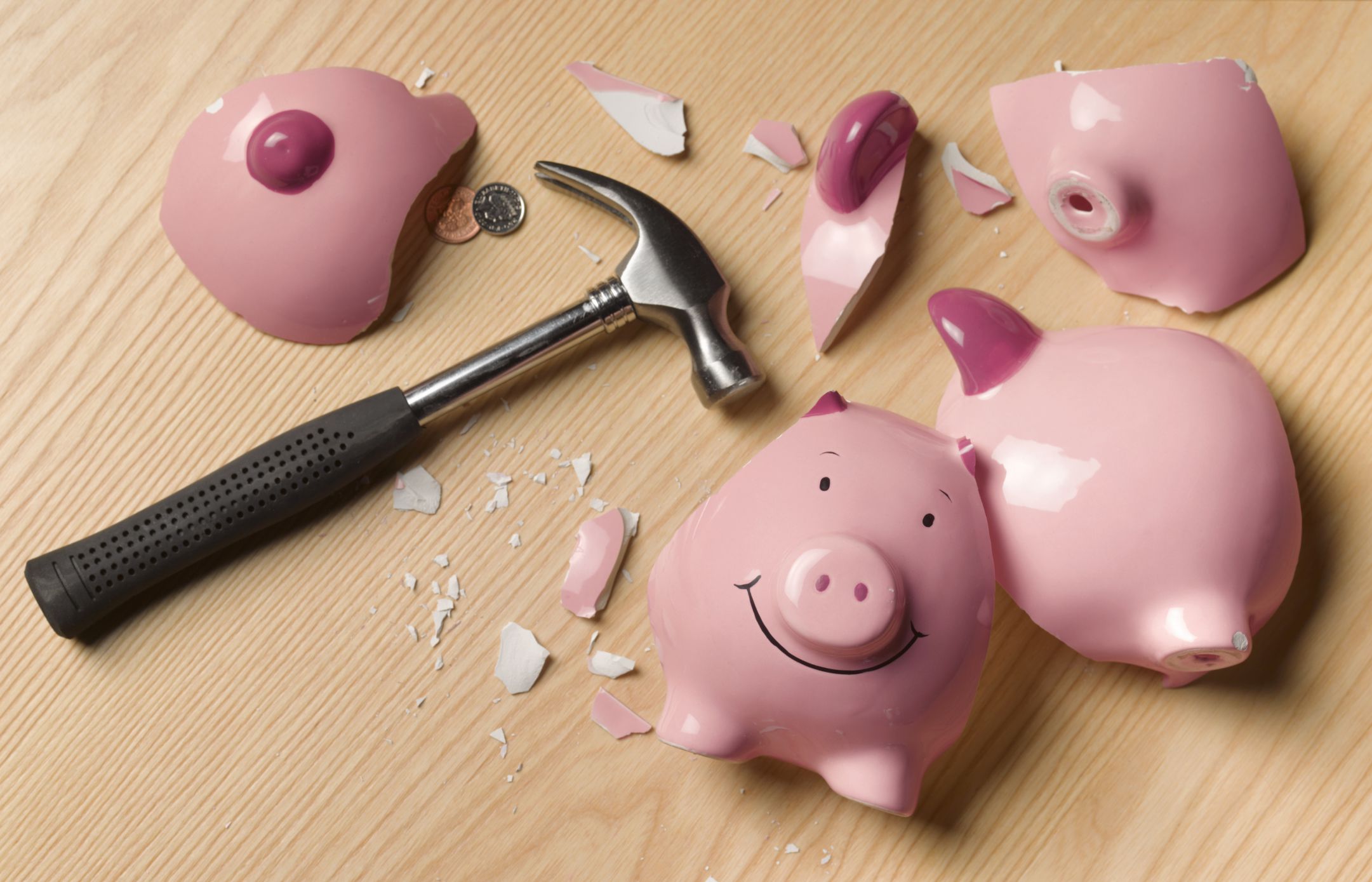5 ways to save money if you are broke, but you have to want to do it. You are never too broke to save money; however, it does make a gigantic difference is being broke meant choosing between the water bill and buying groceries.
Usually, helping six-figured households build emergency funds, save for a down payment on a home, or fund a dream vacation is a straightforward process that starts with the personal statement of cash flow.
A personal cash flow statement details the household’s cash inflows and outflows. Wages, investment income, and side hustle are examples of cash inflows where mortgages, credit card payments, and childcare are typical cash outflows.
More often than not, non-discretionary expenses like Starbucks lattes, excessive kid allowances, luxury sports cars, or all are why they can’t save $400 for an emergency expense. Educating them on their existing cash inflows and outflows and creating a new budget put them on the path to achieve financial stability
For the middle class and below, who have a deficit before they even get paid, figuring out how to build an emergency fund is a tall order, but it is possible to do. Here are five best ways to save if you are too broke to do so:
Round-Up/Automatic Savings
There are numerous round-up apps, and few big banks also give you the option to round up. Using an automatic savings application is the best way to build an emergency fund because it’s effortless, and you won’t even notice it.
Here’s how it works. If you go to the grocery store and spend $80.43, your grocery bill is rounded up to the nearest whole number, which is $81. Fifty-seven cents will dump to your savings account. You can accumulate a sizable savings account. Just make sure that you don’t drain the account; let it accumulate.
Shop Around for New Car Insurance, Cable, and Other Services
Most people get a new insurance policy and forget about it for years. Insurance and utility companies often change their rates, but their new low rates go to new customers. You shouldn’t keep your car insurance for more than three years.
According to Nerdwallet, the average driver can save $859 by comparing car insurance. Shop around and save.
Serious Belt-tightening
Even if you are in red before you get your paycheck, it’s still imperative to analyze your statement of cash flows. You might spot how to minimize cash outflows while going over your statement. Unlike a six-figure income household, where to cut will not be crystal clear, but you might find areas that you can afford to cut back.
Side Hustle
Sometimes no matter how carefully you comb your budget, the numbers just don’t add up. It would be best if you had additional cash inflow, so you can stay afloat and start saving. The gig economy is in full effect, right now. You can uber, sell crafts on Etsy, or rent your car whenever you are not using it to earn additional income. For the working class, their gig economy is their primary income. If you are fortunate to have a full-time job, the gig economy can be a great side hustle for you.
Refinancing Your Credit Debt
Refinancing your credit card debt, also known as balance transfer credit card, is an option consumers with excellent credit scores need to explore, at least every two years.
If you have $10,000 in credit debt with a 17.80 APR, you are paying $1,780 each year on interest or $148.33 (($10,000×0.1780)/12) per month. Transferring that outstanding balance to a new credit should free-up some cash, at least for the first 15 months or so.
You need to be committed to the 5 ways to save money if you are broke to build your emergency fund.

Pingback: Where to Put Your Emergency Fund - FMC Personal Finance
Pingback: LAWMAKERS WANT TO CAP INTEREST RATES AT 36% FMC